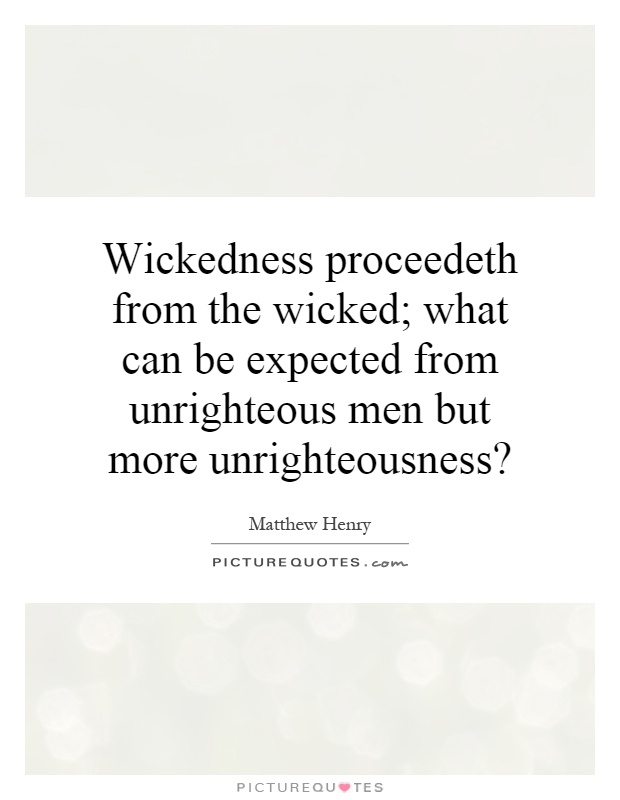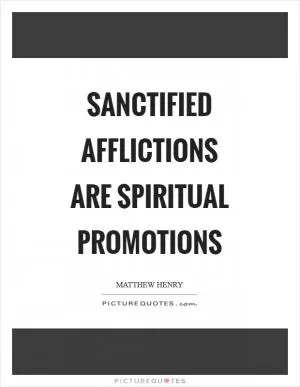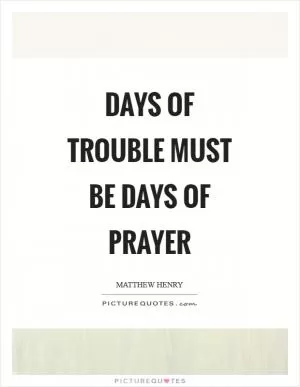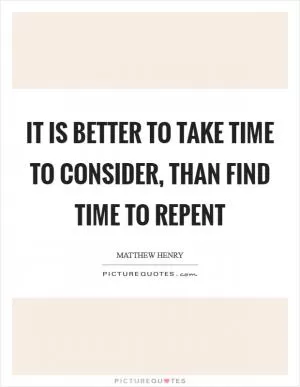Wickedness proceedeth from the wicked; what can be expected from unrighteous men but more unrighteousness?

Wickedness proceedeth from the wicked; what can be expected from unrighteous men but more unrighteousness?
In his commentary on the book of Proverbs, Matthew Henry delves into the concept of wickedness and unrighteousness, emphasizing the idea that evil actions stem from evil intentions. The verse "Wickedness proceedeth from the wicked; what can be expected from unrighteous men but more unrighteousness?" encapsulates this notion perfectly, highlighting the cyclical nature of sin and its consequences.Henry argues that those who engage in wicked behavior are likely to continue down that path, as their hearts are already inclined towards evil. He suggests that the root of wickedness lies within the individual, and that their actions are a reflection of their innermost thoughts and desires. Therefore, it is not surprising that unrighteous men continue to perpetrate more unrighteousness, as their very nature drives them towards sinful behavior.
Furthermore, Henry emphasizes the importance of addressing the root cause of wickedness, rather than simply focusing on the outward actions. He believes that true transformation can only occur when the heart is changed, leading to a shift in behavior. This aligns with the biblical concept of repentance and redemption, where individuals are called to turn away from sin and towards righteousness.
Henry's commentary serves as a reminder of the power of the human heart and the importance of cultivating a spirit of righteousness. He encourages readers to examine their own motives and intentions, recognizing that true change begins from within. By acknowledging the source of wickedness and striving towards righteousness, individuals can break free from the cycle of sin and experience true transformation.












 Friendship Quotes
Friendship Quotes Love Quotes
Love Quotes Life Quotes
Life Quotes Funny Quotes
Funny Quotes Motivational Quotes
Motivational Quotes Inspirational Quotes
Inspirational Quotes